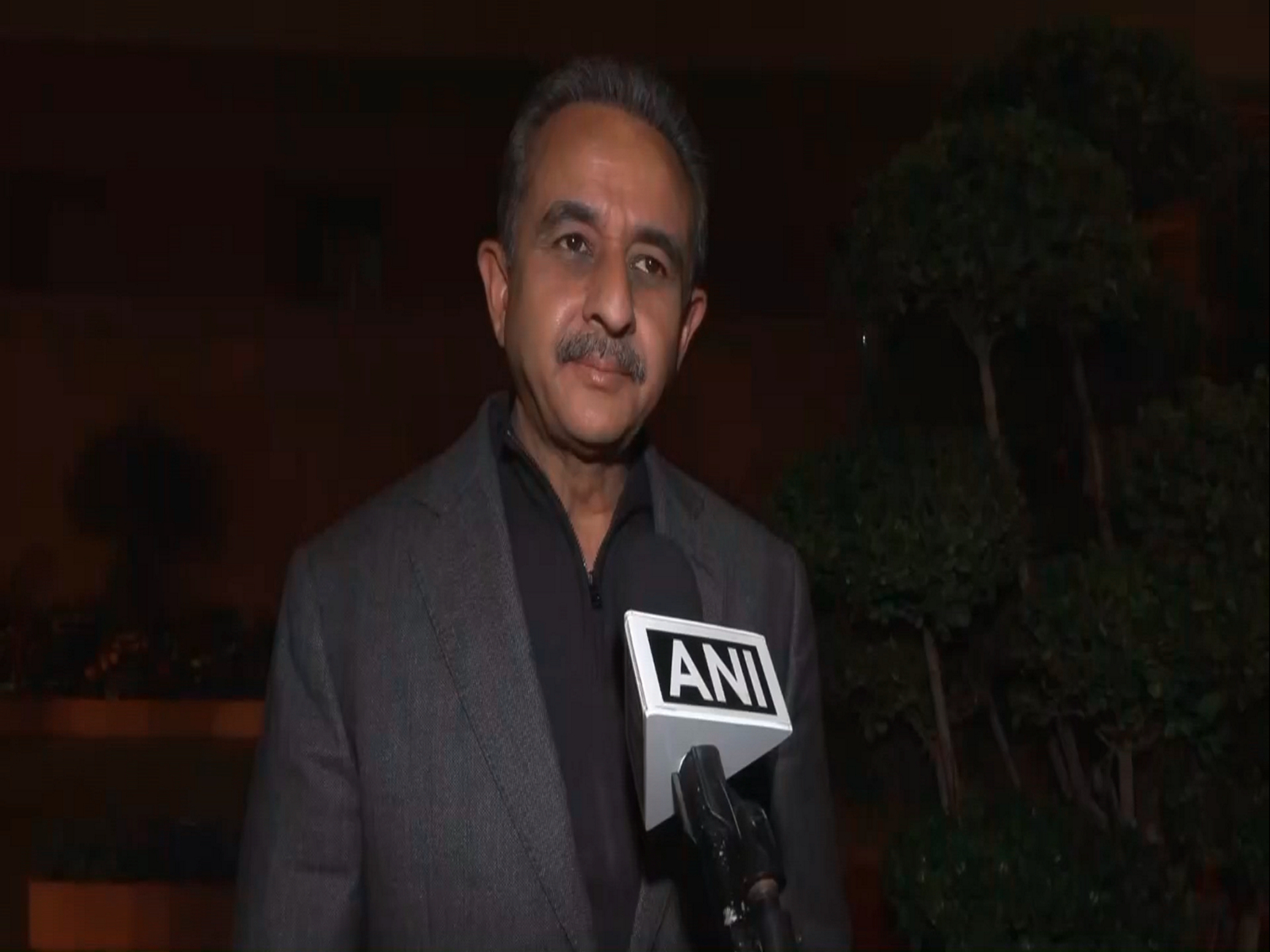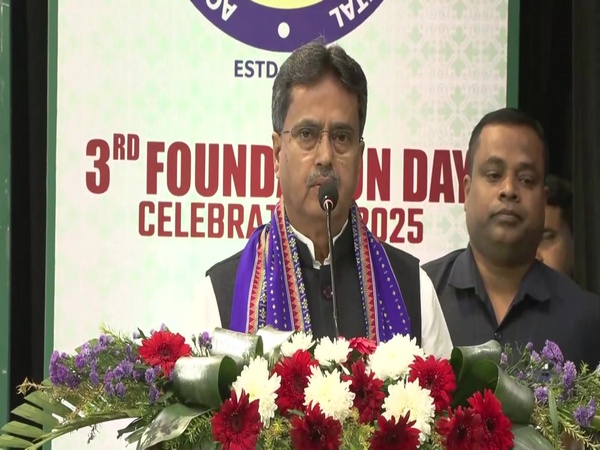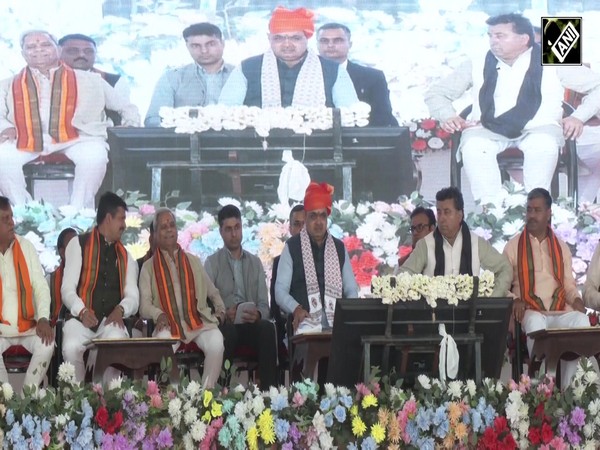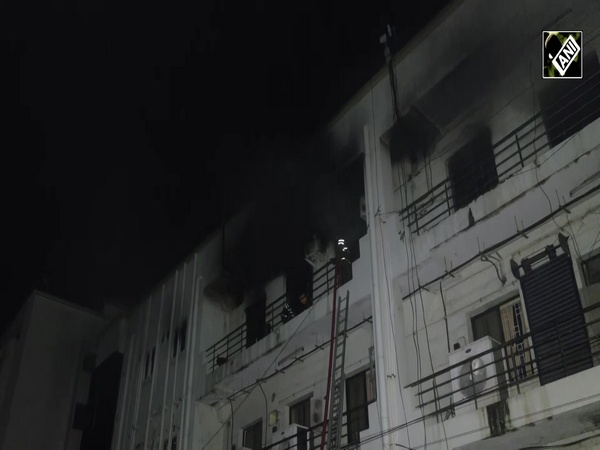'A clear connection' between national stress, health: Israeli heart syndrome rates doubled since Oct 7
Jun 05, 2024

Tel Aviv [Israel], June 5 (ANI/TPS): A new study led by Assuta Ashdod Public Hospital has uncovered a striking rise in cases of broken heart syndrome, or Takotsubo cardiomyopathy, since Hamas's October 7 attacks. The research indicates an almost 100% increase in patients with this condition, highlighting the profound impact of national stress on heart health.
"This is a syndrome that simulates a heart attack caused by mental or physical stress," explained Professor Eli Lev of Assuta Ashdod Public Hospital. "This is the first time we see a clear connection between the syndrome and a national trauma."
The condition's symptoms mimic those of a heart attack, including chest pain and shortness of breath, but it is not caused by blocked coronary arteries.
The condition is believed to involve a surge of stress hormones, such as adrenaline, that temporarily affect the heart's ability to pump effectively. During an episode, the left ventricle, the heart's main pumping chamber, can balloon out and take on an abnormal shape, leading to forceful heart contractions which can weaken the heart.
Treatment generally involves managing symptoms and preventing further complications, with lifestyle changes, medication and psychological support.
Since October 7, hospitals across Israel have observed a marked increase in broken heart syndrome cases. This prompted a comprehensive investigation spearheaded by Prof. Eli Lev and Dr. Yuval Kahila, in collaboration with hospitals in Ashkelon, Hadera, Be'er Yaakov, Holon and Kfar Saba.
The findings revealed a significant rise -- nearly double -- of incidents of the syndrome. Patients are not just from frontline communities near the Gaza and Lebanon borders.
"Until now, patients' descriptions of broken heart syndrome have been reported following personal crises such as the death of a relative or other difficult events," said Prof. Lev. "I know of no description in the professional literature of the syndrome following a national trauma. This is the major innovation in our research. The increase was close to two times and observed all over the country. I estimate that the extreme mental stress caused an increase in the syndrome among all residents of the State of Israel."
Yuval Kahila emphasized the broader implications of the study. "This study is another layer that testifies to the deep and widespread impact of the October 7th massacre and the war on Israeli society as a whole. The syndrome manifests as a significant disturbance in the contraction of the heart muscle on echocardiography, and it is not an 'innocent' syndrome, as it has considerable complication and mortality rates."
The research findings were recently presented at a conference of the Israeli Cardiology Association. (ANI/TPS)

















